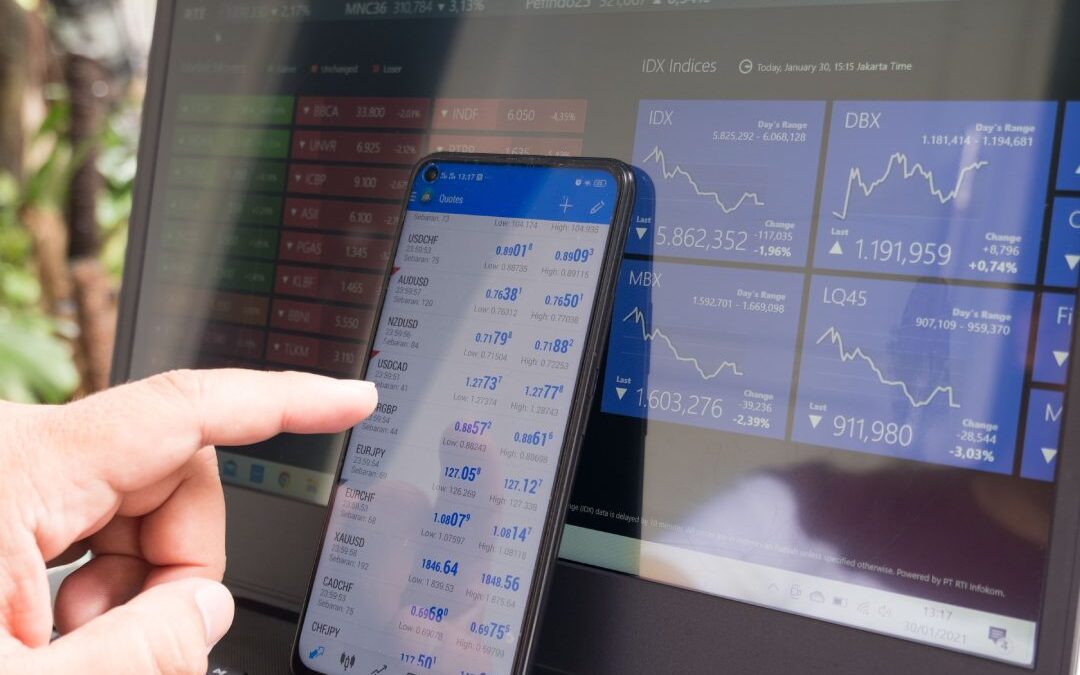How the UAE’s ESG framework is shaping its business landscape!
ESG framework in UAE is shaping its business landscape, influencing corporate strategies, operational norms, and investment decisions. Understanding the UAE’s approach provides valuable insights into the evolving dynamics of responsible business practices in the Middle East
Historically, the UAE’s economic model has been deeply rooted in oil and gas; however, recognizing the imperatives of sustainability and social responsibility, the nation has steadily turned towards a more diversified, ESG-compliant economy.
Evolution of ESG Policies and Initiatives
The UAE’s commitment to ESG principles is proved through a series of progressive policies and initiatives. A landmark move in this direction was the introduction of mandatory ESG reporting for public joint stock companies listed on the Abu Dhabi Securities Exchange or the Dubai Financial Market. This mandate requires that these companies publish annual sustainability reports aligned with Global Reporting Initiative standards.
The UAE’s ESG framework has been supported by significant investments in renewable energy and green technology. Notable projects include the Mohammed bin Rashid Al Maktoum Solar Park in Dubai and the Barakah Nuclear Energy Plant in Abu Dhabi. These projects highlight the country’s commitment to reducing its carbon footprint and transitioning towards clean energy sources.
Today, the UAE’s ESG landscape is characterized by a mix of regulatory mandates and voluntary initiatives. This environment is further nurtured by the UAE’s ambitious national strategies like the UAE Net-Zero 2050, Abu Dhabi Vision 2030, and the UAE Energy Strategy 2050.
The Impact of ESG on Business Operations in the UAE
The integration of ESG principles into the business framework is reshaping how businesses function, from strategy formulation to day-to-day operations.
Compliance and Reporting
Mandatory ESG reporting, as stipulated for public joint-stock companies in the UAE, has brought a new era of transparency and accountability. Businesses are now required to regularly disclose their environmental and social impact, alongside their governance practices. This requirement has compelled companies to develop robust internal systems for data collection and reporting.
Emphasis on Sustainable Practices
With the ESG framework in place, UAE businesses are increasingly adopting sustainable practices. This transformation goes beyond mere compliance; it is about embedding sustainability into the corporate DNA. Companies are re-evaluating their supply chains, energy usage, waste management, and overall environmental footprint. For instance, there is a growing emphasis on reducing carbon emissions and enhancing energy efficiency, aligning with the UAE’s broader goal of a sustainable, low-carbon economy. Companies are paying more attention to labor practices, community engagement, and diversity and inclusion policies. This focus on social responsibility is seen as a driver of long-term business value.
Strategic Reorientation and Innovation
The ESG mandate is also driving strategic reorientation. Businesses are recognizing that sustainable practices can drive innovation. By integrating ESG considerations into their core strategies, companies are positioning themselves for long-term competitiveness.
ESG Investment and Financial Implications in the UAE
The incorporation of ESG principles into the investment and financial landscape of the UAE is a significant trend, reshaping how capital is allocated and how financial performance is assessed. This approach is influencing investment decisions and financial outcomes for businesses in the region.
Growth of ESG-Focused Investment
The UAE has witnessed a surge in ESG-focused investment funds. This increase reflects a broader shift in investment strategies, where environmental sustainability, social responsibility, and robust governance structures are becoming key determinants for investment decisions. Such initiatives align with the global trend of sustainable investing and reflect the region’s commitment to supporting environmentally and socially responsible projects.
Financial Impact and Performance
ESG considerations are now integral to the financial performance of companies in the UAE. Investors and stakeholders are keenly evaluating businesses based on their ESG credentials, seeing them as indicators of long-term sustainability and risk management. Companies demonstrating strong ESG practices often find themselves at a competitive advantage, attracting investment and trust among stakeholders. Adherence to ESG principles can lead to cost savings and efficiency improvements. Energy-efficient operations and sustainable supply chain practices reduce environmental impact and can lead to significant cost reductions.
The Challenge of Greenwashing
Businesses must ensure that their ESG claims are backed by substantive actions and transparent reporting. Investors are increasingly savvy in distinguishing genuine sustainability efforts from mere marketing tactics, and the credibility of ESG claims can impact a company’s market perception and financial health.
Micro Case Studies: Integrating ESG into Business Practices
- Masdar City in Abu Dhabi:Masdar City stands as a pioneering example of sustainable urban development. This project, driven by Abu Dhabi’s renewable energy company Masdar, showcases innovative approaches to energy efficiency, waste reduction, and green building. It’s a model for sustainable urban planning and has attracted international attention for its integration of clean technology and sustainable living practices.
- DP World’s Solar Energy Initiative: DP World, a global port operator based in Dubai, has made significant progress in adopting renewable energy. The company installed solar photovoltaic (PV) panels across its Dubai facilities, reducing its carbon footprint.
- Emirates NBD’s Green Auto Loan: Emirates NBD, a leading banking group in the region, launched a Green Auto Loan product, encouraging the purchase of electric and hybrid vehicles.
The Future of ESG in the UAE
The future of ESG in the UAE is poised for significant growth and development. With the nation’s commitment to sustainability, as evidenced by initiatives like UAE Net-Zero 2050 and its proactive role in global forums such as COP28, the ESG landscape is expected to expand and evolve. This progression will likely include more stringent ESG compliance requirements, increased green investments, and innovative sustainable technologies and will showcase the UAE’s commitment to sustainable practices. This trajectory not only aligns with global sustainability trends but also reinforces the UAE’s position as a leader in ESG implementation in the Middle East.
Also Read
Sebi Expands ESG To Six New Mutual Funds Schemes

